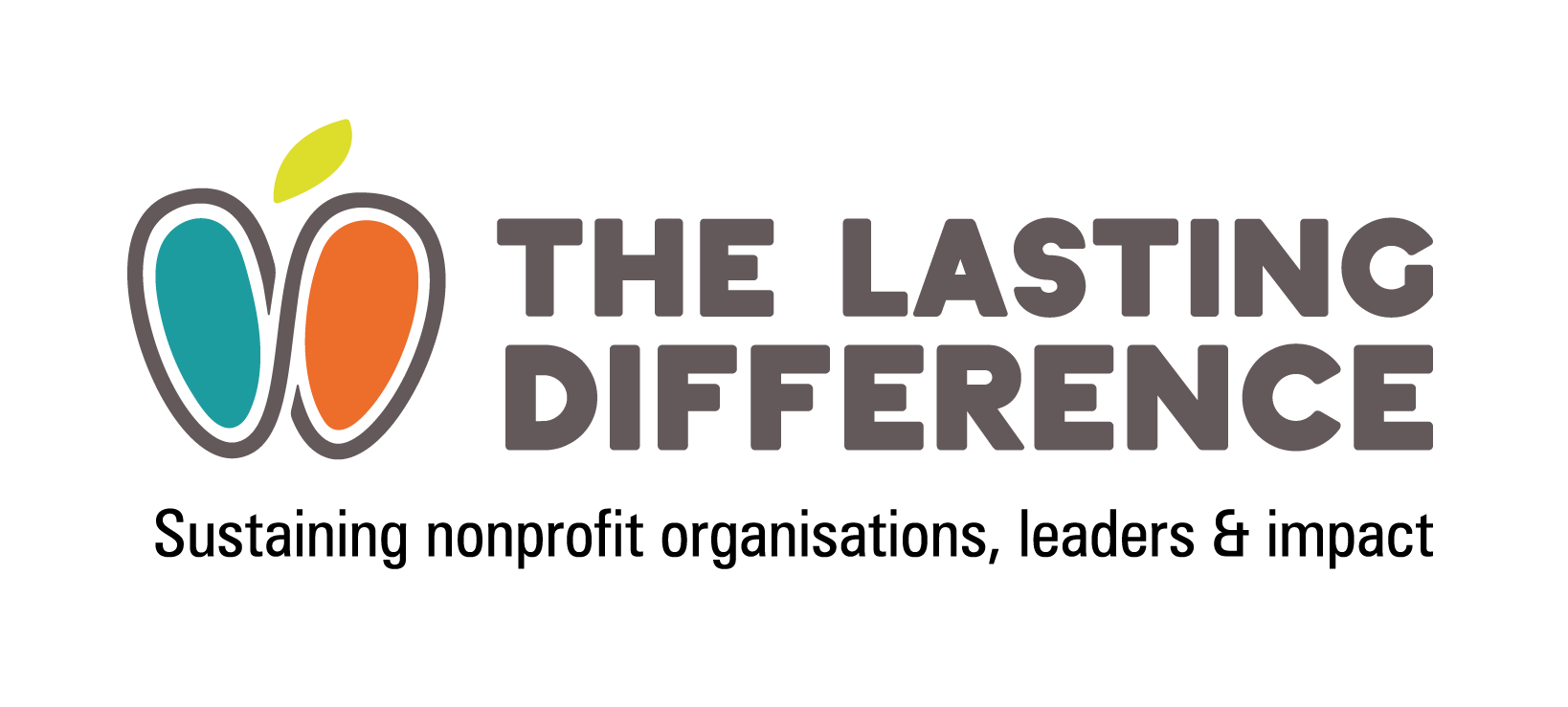It has been said that people are innovative, while organisations are less so. The notion of innovation inevitably raises questions for anyone operating in the non-profit world, from ‘is this idea really innovative?’ to ‘how can we find time to innovate?’ We would argue that innovation is vital in order to support the development of sustainable organisational goals. Radical ideas though, are rare, and most innovative ideas are likely to be incremental improvements. However, whether radical or incremental, innovation helps us to stay relevant and to be the best that we can be for the people and communities we serve.
A key building block to support innovation is to make sure the organisation has a culture of openness, transparency and learning. To encourage creative debate and a willingness to try new things the organisational environment should allow people the time and space to reflect. Being innovative can at times, feel risky, but we can learn from mistakes made and build on that experience. It can even make us more resilient.
Sometimes generating ideas is not the difficulty, but it can be easy to get stuck in the phase of gathering new ideas to solve a problem. There is a time for divergent thinking and going wide with ideas, but there comes a point when narrowing down and selecting options is needed. Screening new ideas against your core purpose, strategy and your capacity to deliver will help, alongside a clear, confident and transparent approach to decision making.
Leadership is critical to any kind of organisational change. Leadership which places value on learning and innovation is more likely to thrive. Leaders must model good practice and invest in learning from success and failure. And finally, take some time to reflect on the journey and make sure that lessons learnt are informing practice on the way. An innovative organisation is one which allows the people in it with innovative ideas to shine.
